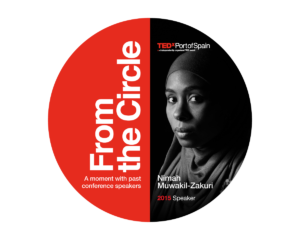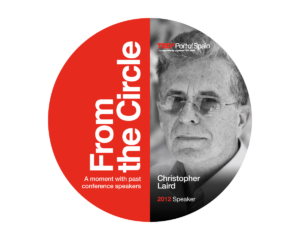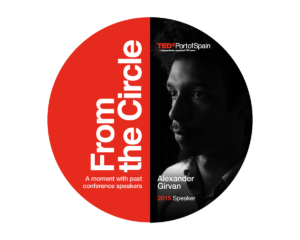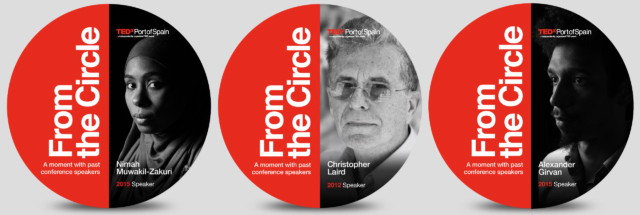From the Circle: A moment with past conference speakers
We’ve carved out some time for you to have an up-close and personal interaction with a few of our past speakers ‘From the Circle’ during this year’s conference break.

Nimah Muwakil-Zakuri: 2015 Speaker
What is love?
Our ideas and our definitions of love as human beings are as diverse as the colours of our skin. There is no doubt though, that this concept that seemingly eludes definition is one that is a fundamental part of our existence on this planet and affects the way we see the world and the way we see each other.
Our definitions of love are shaped by the way we grow up, family life and values, pleasant as well as unpleasant experiences etc. Ultimately, I believe we spend most of our lives searching for love in the way that we choose to define it. In the end there is no such thing as the perfect love story… love is what we create it/make it to be.
There is finding and losing. Leaving and praying… staying and being. Sacrificing bits of your heart for the sake of others. Closing your eyes to the imperfections in others so that you can open your eyes each day with a renewed sense of the purpose of your togetherness.
 Christopher Laird: 2012 Speaker
Christopher Laird: 2012 Speaker
The Caribbean and the right to memory
As we are discovering every day, with an increasingly elderly population succumbing to Alzheimer’s, when we lose memory we lose what makes us who we are.
The ancestors of the majority of the Caribbean population were brought to the region against their will and their traditions and culture was systematically repressed, whether it was the banning of the drum or traditional religions.
These strictures were assaults on our very sense of self. Through incredible strength of resistance, through existential need, we devised strategies to preserve what we could through storytelling and improvisation.
These strategies depend on oral transmission for survival. The coming of video, however, presented an ideal opportunity to record and preserve our traditions and cultural practices. Nevertheless generations have grown up knowing next to nothing of their own traditions and history while being familiar with those of colonial and neo-colonial societies.

Alexander Girvan: 2015 Speaker
The science of science communication and how we get it wrong
From the early days of philosophy we see reference and reverence towards the environment. Greek philosophers of Plato and Aristotle reflect concerns of the effects of human population on the physical environment and from then saw how our actions create imbalances which we are all forced to pay for.
Yet, despite clarity from the most brilliant of times past, great empires have fallen due to environmental degradation. Why don’t we listen to our experts and great minds when they speak changes to come?
This session will discuss why societies don’t listen to our environmental experts, and why now, the communication of science is as important as the science itself.
Comments are closed.

